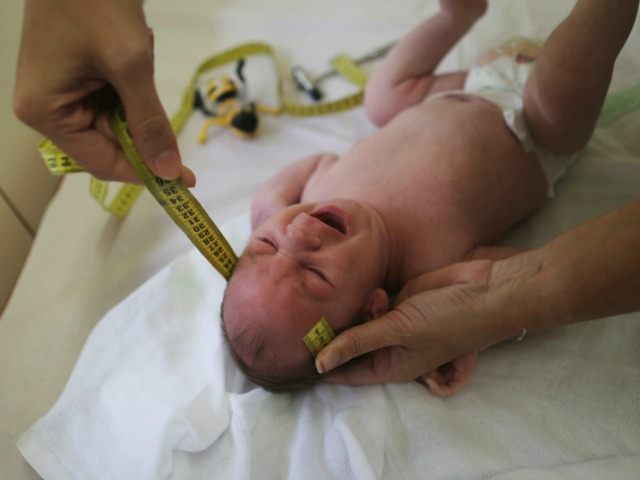U.S. Centers for Disease Control (CDC) director, Dr. Thomas Frieden, warned this week that his agency is running out of money to keep the Zika virus at bay and that a lack of funding could lead to growing numbers of mosquito nests and a high rate of infection.
“The cupboard is bare, there’s no way to provide that,” Frieden said of funding Tuesday in Washington, noting that the agency had already spent $194 million of its $222 million Zika fund. He also noted that the use of a combination of aerial pesticides in Florida has caused a “very dramatic reduction in mosquito populations there,” which should limit viral transmission, but the program must be continued to fully succeed.
Medical experts are alarmed at the possibility that anti-Zika measures will be put on hold if the money runs out in the next week, as Florida is bracing for a number of tropical storms and potential hurricanes. These weather phenomena bring with them extreme humidity and leave behind the small stagnant pools of water ideal for aedes aegypti reproduction.
Zika is spread through the bite of the aedes aegypti mosquito, making the elimination of mosquito populations a key tactic in eradicating the disease. Zika can also spread through sexual contact, but only a minority of cases have been confirmed to be sexually transmitted.
The CDC is working with money shifted out of the government’s coffers marked to fight Ebola, another virus whose rapid spread in 2014 left thousands dead in west Africa. The Obama administration funded the Zika fight with an estimated $500 million meant for the Ebola project, and has reportedly not replaced the money taken from the Ebola funds.
The CDC will have to wait until Tuesday to hear whether Congress will allocate more federal funding to the Zika fight. Congressional Democrats blocked $1.1 billion in Zika funding before the summer recess because the bill did not include funding for the advocacy group Planned Parenthood. While a minority of Zika cases are sexually transmitted, Planned Parenthood has spent months promoting itself as a significant member of the Zika fight because of the particular threat the virus poses to unborn children. Planned Parenthood International used the Zika outbreak in Latin America to fundraise, arguing that the virus necessitates promotion of abortions for women, whose children are adversely affected by the virus. In the United States, Planned Parenthood volunteers have descended upon affected areas of Miami, distributing contraceptives and promoting their group.
Most adults who test positive for Zika, as many as 80 percent, do not exhibit any symptoms. Most of the other 20 percent report mild symptoms like body aches and rashes, though a minority of these have also been diagnosed with Guillain-Barré Syndrome (GBS), a crippling neurological condition. GBS appears to be most common in areas where malnutrition and lack of proper medical resources is common, however, as most cases in Latin America occurred in Venezuela. While GBS is treatable, Venezuela documented a number of Zika-related GBS deaths because its hospitals are not equipped with the proper medical supplies to treat it.
In Florida, meanwhile, officials have confirmed 46 cases of locally transmitted Zika, most in Miami Beach or the Miami neighborhood of Wynwood. One of these cases occurred in northern Pinellas County, with local reports confirming the patient to be a Tampa firefighter.

COMMENTS
Please let us know if you're having issues with commenting.